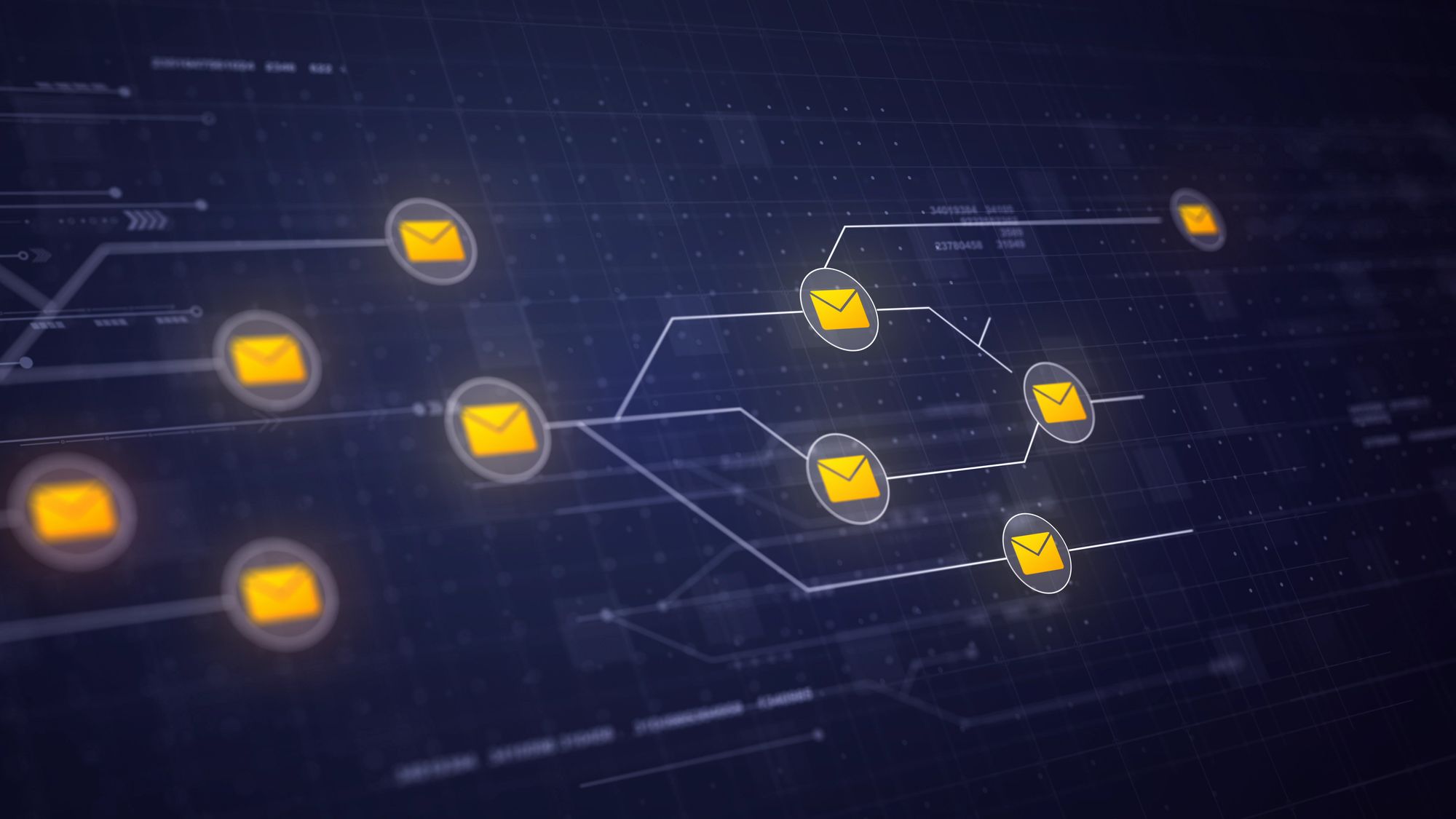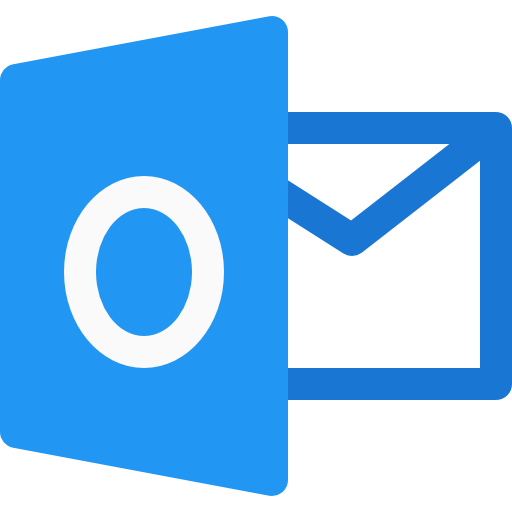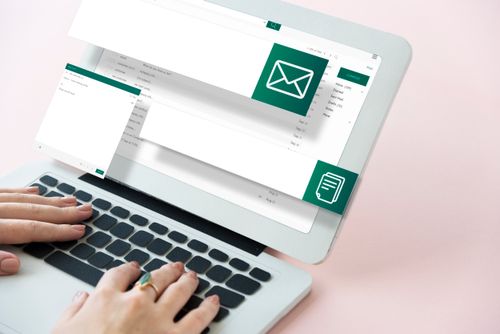In today's digital age, email has become an essential means of communication, both personally and professionally. However, ensuring the validity and deliverability of email addresses can be a challenging task. Sending emails to non-existent or invalid addresses can harm your sender reputation and result in poor email deliverability rates. That's where email checker tools come in.
Email Checker by Microsoft

Microsoft, a global technology leader, offers a range of powerful email checker tools to help individuals and organizations verify email addresses efficiently. These tools leverage Microsoft's expertise and advanced technology to ensure the accuracy and quality of email databases.
One of the prominent tools provided by Microsoft is the Microsoft Remote Connectivity Analyzer. This comprehensive tool allows you to test the connectivity and configuration of various Microsoft services, including Exchange, Outlook, and Office 365. While its primary purpose is not email verification, it can be used to identify potential issues with email delivery and connectivity.
Outlook on the Web

If you're looking for a user-friendly email platform with built-in email verification capabilities, Microsoft's Outlook on the Web is a fantastic option. With Outlook on the Web, you can access your emails, contacts, and calendar from any device with an internet connection.
Signing in to Outlook on the Web is a straightforward process. Simply visit outlook.live.com and enter your Microsoft account credentials. If you don't have an account, you can create one by following the provided instructions.
Once you're signed in, Outlook on the Web offers various features to help you manage your emails efficiently. From a powerful search functionality to automatic email organization, you can streamline your email workflow and reduce clutter.
Email Verification in Microsoft Accounts
In addition to email platforms, Microsoft provides options to verify email addresses in your Microsoft account. Verifying your email addresses adds an extra layer of security to your account and helps protect against unauthorized access.
To verify an email address in your Microsoft account, follow these steps:
- Sign in to your Microsoft account using your credentials.
- Navigate to the Account settings or Security settings section.
- Locate the Email verification or Verify email address option.
- Enter the email address you want to verify.
- Check your inbox for a verification email from Microsoft.
- Click on the verification link provided in the email.
- Follow any additional instructions to complete the verification process.
By verifying your email address, you can ensure that only authorized individuals can access your Microsoft account and associated services.
Email Authentication with DMARC
Email authentication is crucial to maintaining a strong email reputation and minimizing the risk of phishing attacks. Microsoft offers support for DMARC (Domain-based Message Authentication, Reporting, and Conformance), a widely adopted email authentication protocol.
With DMARC, you can specify policies for email authentication, such as SPF (Sender Policy Framework) and DKIM (DomainKeys Identified Mail). By enforcing these policies, you can prevent unauthorized use of your domain and reduce the likelihood of your emails being marked as spam.
To configure DMARC for your Microsoft services, follow these steps:
- Access your domain's DNS management console.
- Create a DMARC TXT record with your desired policies.
- Publish the DMARC record in your DNS.
- Monitor DMARC reports to identify and address authentication issues.
By implementing DMARC, you can enhance your email authentication practices and protect your domain reputation.
Commonly Asked Questions
1. How does email verification benefit businesses?
Email verification offers several benefits for businesses. By ensuring the validity of email addresses, businesses can improve their email deliverability rates, enhance customer engagement, and protect their sender reputation. Validating email addresses also helps in reducing the risk of bounce backs and maintaining a clean email database.
2. Are there any limitations to email verification?
Email verification tools can provide accurate results for the majority of email addresses, but there can be certain limitations. For example, some email domains may have strict security measures that prevent verification tools from accessing the necessary information. Additionally, temporary issues with mail servers or internet connectivity can impact the verification process. However, reputable email verification services employ sophisticated algorithms and multiple data sources to minimize these limitations.
3. Can email verification prevent all types of email deliverability issues?
Email verification plays a crucial role in improving email deliverability, but it cannot eliminate all potential issues. Other factors such as email content, sender reputation, and recipient behavior can also impact email deliverability. It's important to follow best practices for email marketing, maintain a good sender reputation, and regularly monitor your email campaigns for optimal results.
4. Is DMARC the only email authentication protocol available?
No, DMARC is not the only email authentication protocol available. Other widely used protocols include SPF (Sender Policy Framework) and DKIM (DomainKeys Identified Mail). SPF verifies the sender's IP address, while DKIM adds a digital signature to each email to verify its authenticity. Implementing a combination of these protocols provides a robust email authentication framework.
5. Can I use Microsoft email checker tools with other email platforms?
While Microsoft's email checker tools are primarily designed to work with Microsoft services, some tools like the Microsoft Remote Connectivity Analyzer can be used to test connectivity and configuration of other email platforms as well. However, for specific email verification features, it's recommended to use tools that are compatible with your chosen email platform.
Conclusion
Email verification is essential for maintaining a healthy email ecosystem. Microsoft offers a range of email checker tools and features that can significantly enhance your email verification efforts. From Outlook on the Web to email address verification in Microsoft accounts and support for DMARC, Microsoft provides comprehensive solutions to help you verify email addresses, protect your email reputation, and improve deliverability rates. By leveraging these tools and following best practices, you can ensure the accuracy and effectiveness of your email communications.



